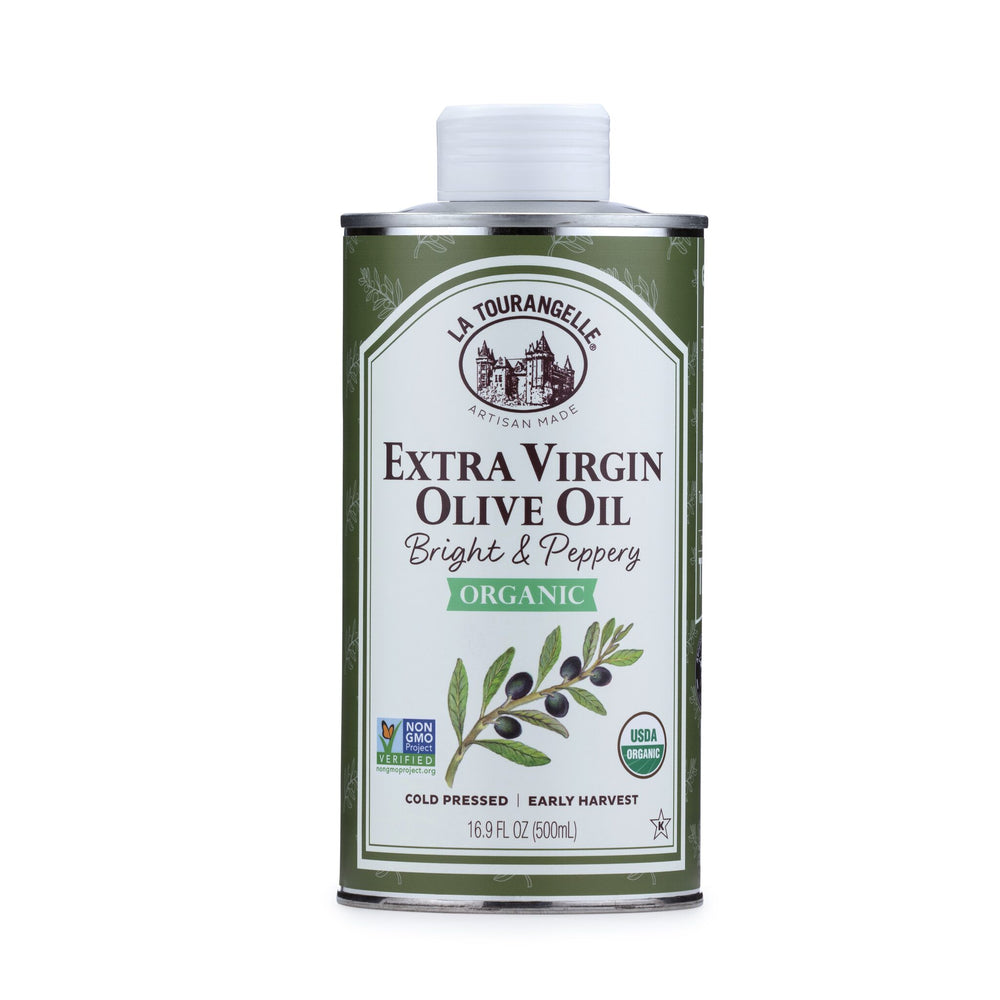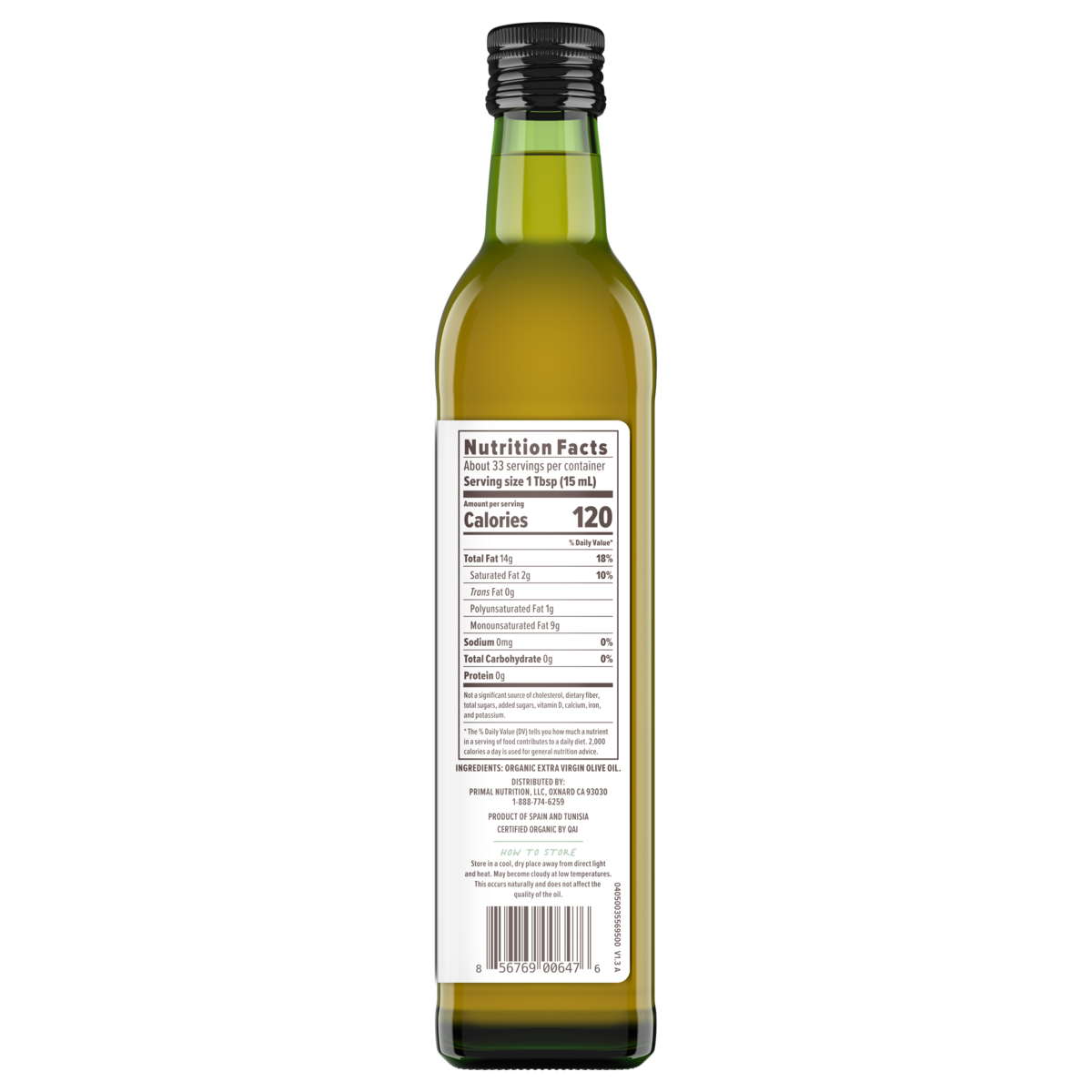Extra Virgin Olive Oil Benefits: How It Supports Healthy Cholesterol Levels
Extra Virgin Olive Oil Benefits: How It Supports Healthy Cholesterol Levels
Blog Article
Discovering the Various Sorts Of Olive Oil and Their Usages, Including Additional Virgin Olive Oil
The expedition of olive oil encompasses a diverse array of kinds, each offering culinary applications and unique tastes. Bonus virgin olive oil, renowned for its superior high quality and wellness advantages, offers as a staple in many kitchens, yet it is just one aspect of this multifaceted component.
What Is Olive Oil?
Derived from the fruit of the olive tree, olive oil is a staple in Mediterranean cuisine and a crucial component in numerous cooking applications. This versatile oil is produced by pushing whole olives, leading to a liquid that differs in color, scent, and flavor relying on the kind of olives made use of, the area of farming, and the extraction procedure. Olive oil is mainly made up of monounsaturated fats, specifically oleic acid, which is recognized for its possible wellness advantages, consisting of anti-inflammatory residential or commercial properties and cardiovascular support.
Along with its cooking usages, olive oil has a long history of application in conventional medicine and skincare, owing to its abundant antioxidant web content (extra virgin olive oil benefits). The oil is often made use of in dressings, sauces, and for cooking approaches such as sautéing and roasting. Its distinctive flavor profile can enhance the preference of numerous meals, making it a crucial active ingredient for both home cooks and expert chefs
In addition, olive oil is celebrated for its role in the Mediterranean diet, which is related to countless health and wellness benefits. As recognition of these advantages expands, olive oil proceeds to gain appeal worldwide as a fundamental element of a healthy and balanced way of life.
Kinds Of Olive Oil
Comprehending the various sorts of olive oil is important for both health-conscious consumers and cooking fanatics. Olive oil is identified largely based upon its removal approach and quality, which significantly impacts its aroma, flavor, and wellness advantages.

Light olive oil, regardless of its name, describes a lighter taste and not reduced calories. It is excellent for those seeking an extra subtle preference in dressings and marinates. In addition, there are flavorful olive oils infused with natural herbs, spices, or citrus, which can improve meals without the requirement for additional seasoning.
Each kind of olive oil offers specific culinary functions, and comprehending these distinctions allows customers to make informed selections that align with their cooking styles and wellness goals.
Bonus Virgin Olive Oil
Extra virgin olive oil (EVOO) is widely regarded as the best quality olive oil offered, well known for its rich taste and numerous health advantages. To be classified as additional virgin, the oil has to be created from fresh olives using mechanical procedures, without using solvents or excessive heat. This meticulous approach maintains the oil's natural flavors, anti-oxidants, and healthy and balanced fats, leading to an item with a reduced level of acidity degree of much less than 0.8%.
EVOO is abundant in monounsaturated fats, especially oleic acid, which is linked to reduced inflammation and enhanced heart health. It likewise has polyphenols, effective antioxidants that might offer safety effects versus persistent diseases. The taste profile of EVOO can differ dramatically depending on the olive variety and region of production, varying from grassy and fruity to robust and sharp.

Culinary Utilizes of Olive Oil

In cooking, olive oil can be used for sautéing, roasting, and grilling, supplying a healthier alternative to butter or various other fats. Its high smoke factor makes it ideal for numerous cooking methods, while its antioxidants add to a heart-healthy diet. Drizzling olive oil over completed dishes, such as pasta, fish, or grilled veggies, can boost content flavors and add a touch of sophistication.
Furthermore, olive oil plays a substantial function in baking, where it can change typical fats in recipes for bread and pastries, giving dampness and a refined taste. It also functions as a base for instilled oils, allowing cooks to experiment with tastes such as garlic, herbs, or chili, better expanding its culinary potential. On helpful resources the whole, olive oil's flexibility makes it indispensable in both home and professional kitchens.
Deciding On High Quality Olive Oil
When choosing top quality olive oil, it's vital to take into consideration numerous key aspects that affect the product's fragrance, flavor, and health advantages. First and foremost, choose for extra virgin olive oil (EVOO), which is originated from the initial cold pressing of olives and contains the highest degree of antioxidants and beneficial compounds. Search for oils that are accredited by identified companies, as this often guarantees adherence to stringent quality criteria.
The packaging likewise plays a considerable function in protecting the oil's integrity. Choose oils saved in dark glass bottles or tins to shield against light degradation. Pay attention to the harvest day; fresher oils provide exceptional taste and nutritional value, so choose products that are within 18 months of their harvest.
Be conscious of the taste; an excellent high quality olive oil need to have a balance of fruity, bitter, and sharp notes, showing its richness and intricacy. By assessing these factors, you can guarantee you are choosing the best olive oil for your cooking requirements.
Final Thought
In summary, the exploration of numerous types of olive oil discloses unique characteristics and applications, with added virgin olive oil standing for the pinnacle of top quality due to its reduced level of acidity and high antioxidant web content. Comprehending the various varieties of olive oil permits like this for educated selections in cooking methods, promoting healthier methods while enhancing the overall gastronomic experience.
Acquired from the fruit of the olive tree, olive oil is a staple in Mediterranean cuisine and a vital ingredient in different culinary applications.The most typical kinds of olive oil include fine-tuned olive oil, pure olive oil, and light olive oil.Extra virgin olive oil (EVOO) is extensively regarded as the highest possible high quality olive oil offered, well known for its rich taste and countless wellness benefits. Choose for extra virgin olive oil (EVOO), which is derived from the first chilly pushing of olives and has the greatest levels of antioxidants and advantageous substances.In summary, the expedition of numerous types of olive oil reveals distinctive qualities and applications, with added virgin olive oil standing for the peak of top quality due to its low level of acidity and high antioxidant content.
Report this page